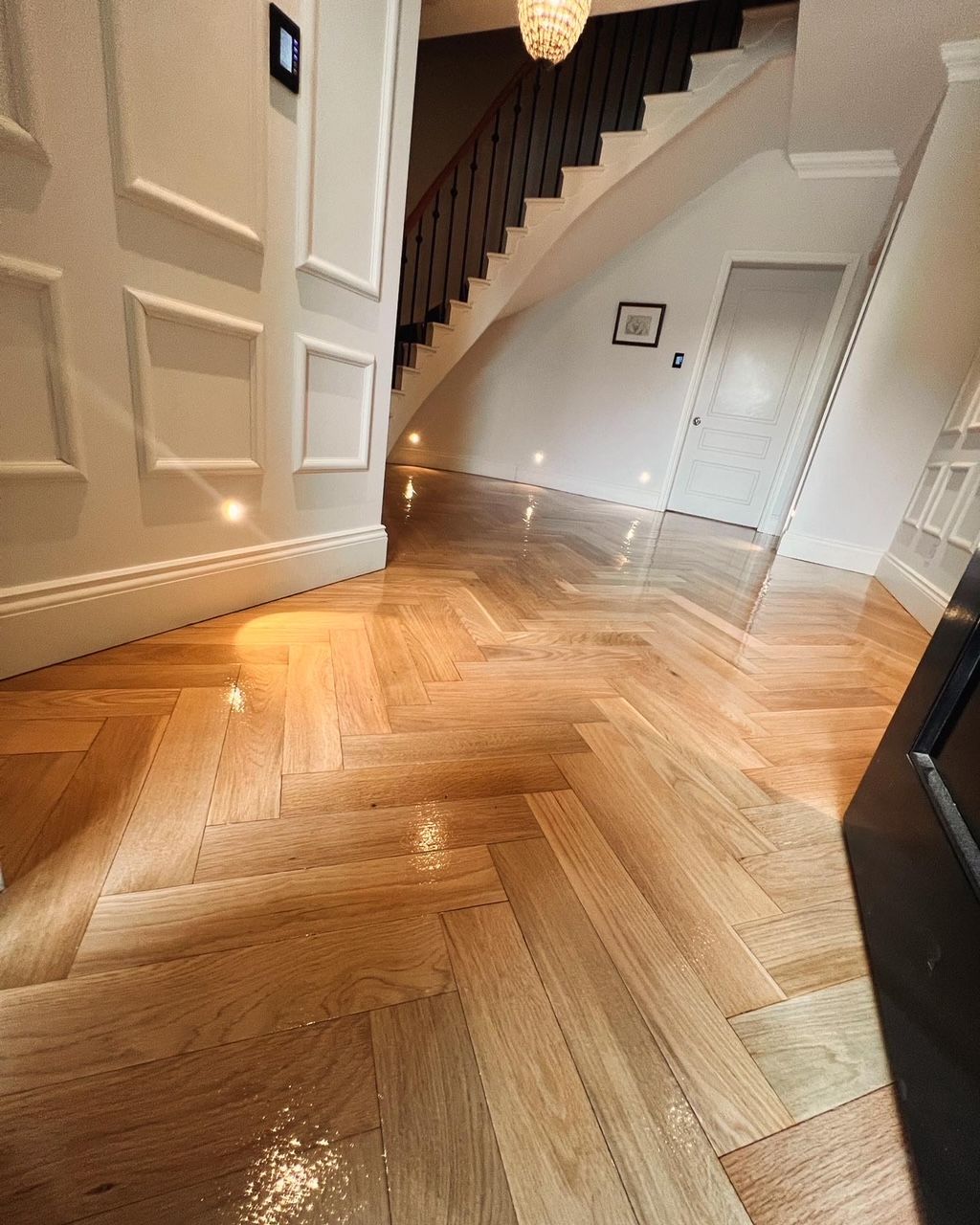How to Choose the Right Finish: Lacquer, Oil, or Wax for Wooden Floors

Introduction
When you’ve invested time and money into sanding your wooden floors, the next big decision is choosing the right finish. The finish you apply is more than just a top layer — it protects your wood from wear and tear, enhances its natural beauty, and sets the tone for the overall look of your home.
But with so many products on the market, homeowners often ask: “Which is best — lacquer, oil, or wax?”
Each finish has its strengths and weaknesses, and the best choice depends on your lifestyle, design preferences, and maintenance expectations. In this guide, we’ll break down the differences between lacquer, oil, and wax finishes so you can confidently choose the right option for your wooden floors.
Why the Right Floor Finish Matters
A floor finish isn’t just about appearance — it plays a key role in the durability and maintenance of your flooring. Without a protective finish, wooden floors are vulnerable to scratches, stains, moisture damage, and fading from sunlight.
A good finish will:
- Extend the life of your floors.
- Highlight the natural grain of the wood.
- Make cleaning and maintenance easier.
- Enhance the style of your interior.
Whether you want a sleek, modern shine or a natural, rustic feel, the choice of finish is crucial. Let’s look at the three most popular options: lacquer, oil, and wax.
Lacquer Finish: Durable and Modern
What is Lacquer?
Lacquer is a hard, protective coating applied to wooden floors. It creates a tough, glossy (or satin/matte, depending on your choice) surface that seals the wood completely.
Pros of Lacquer Finishes
- High durability: Ideal for busy households, offices, or high-traffic areas.
- Moisture resistance: Provides excellent protection against spills and stains.
- Low maintenance: Easy to clean with a vacuum or damp mop.
- Variety of looks: Available in gloss, semi-gloss, satin, or matte finishes.
Cons of Lacquer Finishes
- Appearance of scratches: Scratches tend to show up more clearly on lacquered floors.
- Difficult to repair: Damaged areas usually require sanding and re-lacquering the entire floor.
- Less natural look: Some homeowners feel lacquer creates a “plastic” finish compared to oil or wax.
Best For:
- Homes with children or pets.
- High-traffic spaces such as hallways, living rooms, and kitchens.
- Homeowners who want low-maintenance floors.
Oil Finish: Natural and Warm
What is Oil?
Oil finishes penetrate deep into the wood fibers, hardening within the grain to create a natural, matte appearance. Unlike lacquer, oil doesn’t just sit on the surface — it soaks into the wood to enhance its character.
Pros of Oil Finishes
- Natural look: Brings out the rich grain and texture of wood.
- Easy to repair: Scratches and marks can often be spot-treated with more oil.
- Flexible surface: Less prone to cracking or peeling compared to lacquer.
- Eco-friendly options available: Many oils are made from natural ingredients.
Cons of Oil Finishes
- Regular maintenance needed: Floors may need re-oiling every 1–2 years, depending on usage.
- Less moisture protection: Oil doesn’t provide as strong a barrier against spills.
- Longer drying time: Can take several days to fully cure.
Best For:
- Period or heritage homes where authenticity is key.
- Bedrooms, studies, and lower-traffic rooms.
- Homeowners who prefer a natural, understated look.
Wax Finish: Traditional and Characterful
What is Wax?
Wax is one of the oldest floor finishes, applied as a soft paste or liquid that’s buffed into the wood. It creates a low-sheen, traditional finish that highlights the wood’s texture and character.
Pros of Wax Finishes
- Beautiful patina: Creates a warm, classic look that ages gracefully.
- Spot repairable: Easy to touch up small areas without sanding the whole floor.
- Sustainable: Many natural waxes are eco-friendly.
- Soft sheen: Perfect for rustic or vintage interiors.
Cons of Wax Finishes
- Frequent upkeep: Needs regular buffing and re-application to maintain shine.
- Limited durability: Not as resistant to scratches or spills as lacquer or oil.
- Not ideal for busy households: Requires more attention and care.
Best For:
- Traditional homes and cottages.
- Decorative rooms with low foot traffic.
- Homeowners who love authentic, old-world charm.
Factors to Consider When Choosing Your Floor Finish
Lifestyle and Foot Traffic
- Busy families and pet owners usually prefer lacquer for its durability.
- Low-traffic spaces may suit oil or wax for their aesthetic charm.
Design Preferences
- Want a modern, polished look? Go for lacquer.
- Prefer a natural, understated vibe? Choose oil.
- Love rustic character? Wax is the way to go.
Maintenance Willingness
- If you want low maintenance, lacquer is best.
- If you don’t mind occasional upkeep, oil or wax can provide a more natural look.
Budget
- Lacquered floors may cost more upfront but require less frequent upkeep.
- Oil and wax are often cheaper initially but may need more regular reapplication.
Pro Tip: Combining Oil and Wax
Some homeowners choose a hybrid approach: applying oil for penetration and durability, then finishing with a coat of wax for extra warmth and sheen. This can deliver the best of both worlds — but requires a bit more maintenance.
Professional vs. DIY Application
While it’s possible to apply finishes yourself, professional application ensures even coverage, proper drying times, and long-lasting results. Professionals also use high-quality products and equipment that aren’t always available to DIYers.
If you’re searching for “floor sanding and finishing near me”, make sure your chosen professional offers a range of finishes and can explain which is best for your home.
Conclusion
Choosing between lacquer, oil, and wax finishes comes down to lifestyle, design preferences, and how much maintenance you’re willing to take on.
- Lacquer is best for durability and low maintenance.
- Oil offers a natural look and easy repairs.
- Wax provides charm and tradition for rustic homes.
Whatever you choose, the right finish will not only protect your floors but also enhance the beauty and value of your home.
✨ Thinking of restoring your floors? Contact us today for expert advice and a free floor finishing quote.
